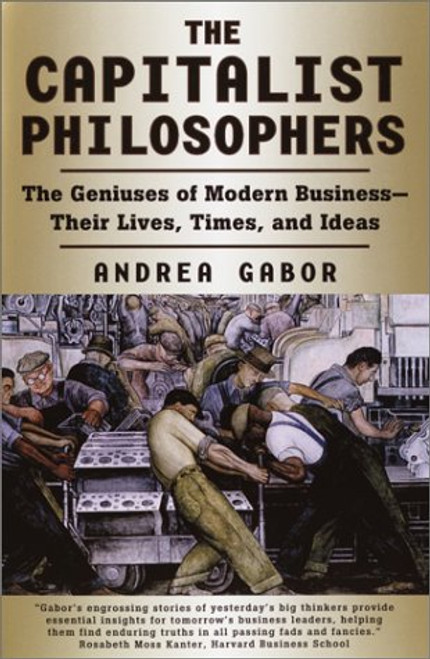Rene Descartes (1569-1650), the 'father' of modern philosophy, is without doubt one of the greatest thinkers in history: his genius lies at the core of our contemporary intellectual identity. Breaking with the conventions of his own time and suffering persecution by the Church as a consequence, Descartes in his writings - most of which are philosophical classics - attempted to answer the central questions surrounding the self, God, free-will and knowledge, using the science of thought as opposed to received wisdom based on the tenets of faith.
This edition, the most comprehensive one-volume selection of Descartes' works available in English, includes his great essay, Discourse on Method.
Translated by Elizabeth S. Haldane and G.R.T. Ross
Edited and with an Introduction by Enrique Chávez-Arvizo
About the Author
Rene Descartes, known as the Father of Modern Philosophy and inventor of Cartesian coordinates, was a seventeenth century French philosopher, mathematician, and writer. Descartes made significant contributions to the fields of philosophy and mathematics, and was a proponent of rationalism, believing strongly in fact and deductive reasoning. Working in both French and Latin, he wrote many mathematical and philosophical works including The World, Discourse on a Method, Meditations on First Philosophy, and Passions of the Soul. He is perhaps best known for originating the statement "I think, therefore I am."







